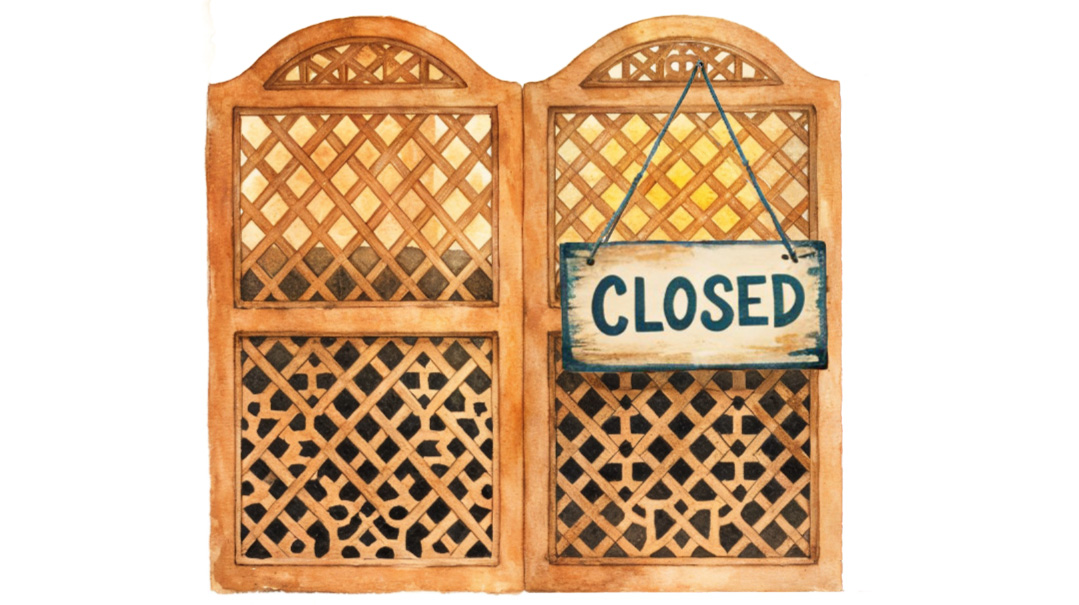Namesake


I named my fourth child after Bobby Ruzhka.
Bobby also sometimes went by Blima (her given name) and by Shoshana but when you heard her Polish friends enunciating Ruzhka in their rich rolling accents the Polish diminutive for Roiza seemed a perfectly natural fit. Her full name was Blima Roiza — if she were born in Native America I guess her name would have been something akin to Princess Blossoming Rose.
My earliest association with the name Blima was hearing the chazzan’s mellifluous voice rise to a crescendo as he chanted the words “Tolah eretz al blimah….” I had an adorable neighbor named Blima and I couldn’t help wondering why anybody would name their child “nothingness.”
My non-Yiddish-speaking and very learned cousin Jack gave the name a positive spin. He pointed out that only with proper bitul can one get close to Hashem — but by then with my own Blima on my lap the name didn’t need any explanations for me to love it.
As a matter of both principle and personal preference I’ve always preferred Biblical names to Yiddish ones (how I ended up with a son named Kalman Klonimus is a different discussion). On our third date I waited with bated breath for my future husband to tell me his deceased parents’ names… because well what would I do if his Sephardic mother was named something like Fatima? Ironically his side of the family gave us Esther and Ephraim Tzvi while my more typical Ashkenazi background landed us Kalman Klonimus and Blima Roiza.
Perhaps Bobby’s spunk was inherited imprinted in the genes passed down through the generations. Legend has it that after losing multiple pregnancies her mother stormed into the Gerrer beis medrash and refused to leave without a promise from the Rebbe that this pregnancy would survive. The amulet he gave her was passed down to my grandmother who wore it until it was consumed in the flames of the Holocaust together with the rest of her world.
I can still hear the echo of her deep tones chiming “geloibt der Eibeshter!” In the dust and ashes of the ghettos Bobby and her friends would gather young children to teach them sing to them distract them from their misery. I often wonder what it was like for her a strikingly beautiful confident and previously spoiled teenager completely alone in the world navigating through hell. But even more I wonder with amazement at how she emerged not unscathed but so completely whole and alive.
In the ghetto Bobby watched her parents being taken away and saw her only sibling her beloved younger sister Rifkale wither away and perish from disease. By the time she reached Auschwitz my grandmother was utterly alone. But she continued to sing her Yiddish songs even beside the furnaces that were steadily consuming her entire world; when she was in her final coma her lager friend Lola Singer came to sing these same songs at her bedside her last gift and tribute to her lively friend. (Excerpted from Family First Issue 566)
Oops! We could not locate your form.







